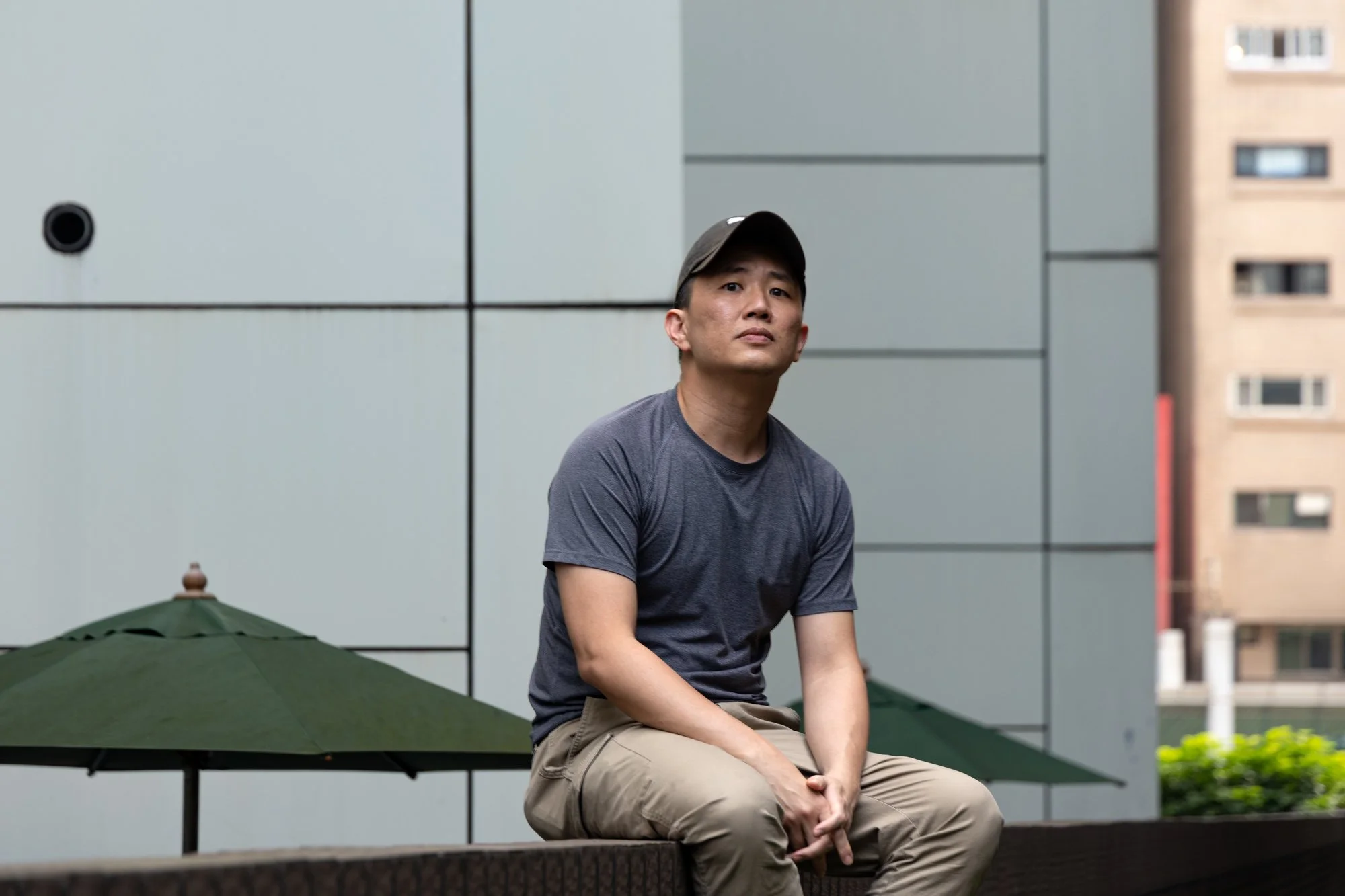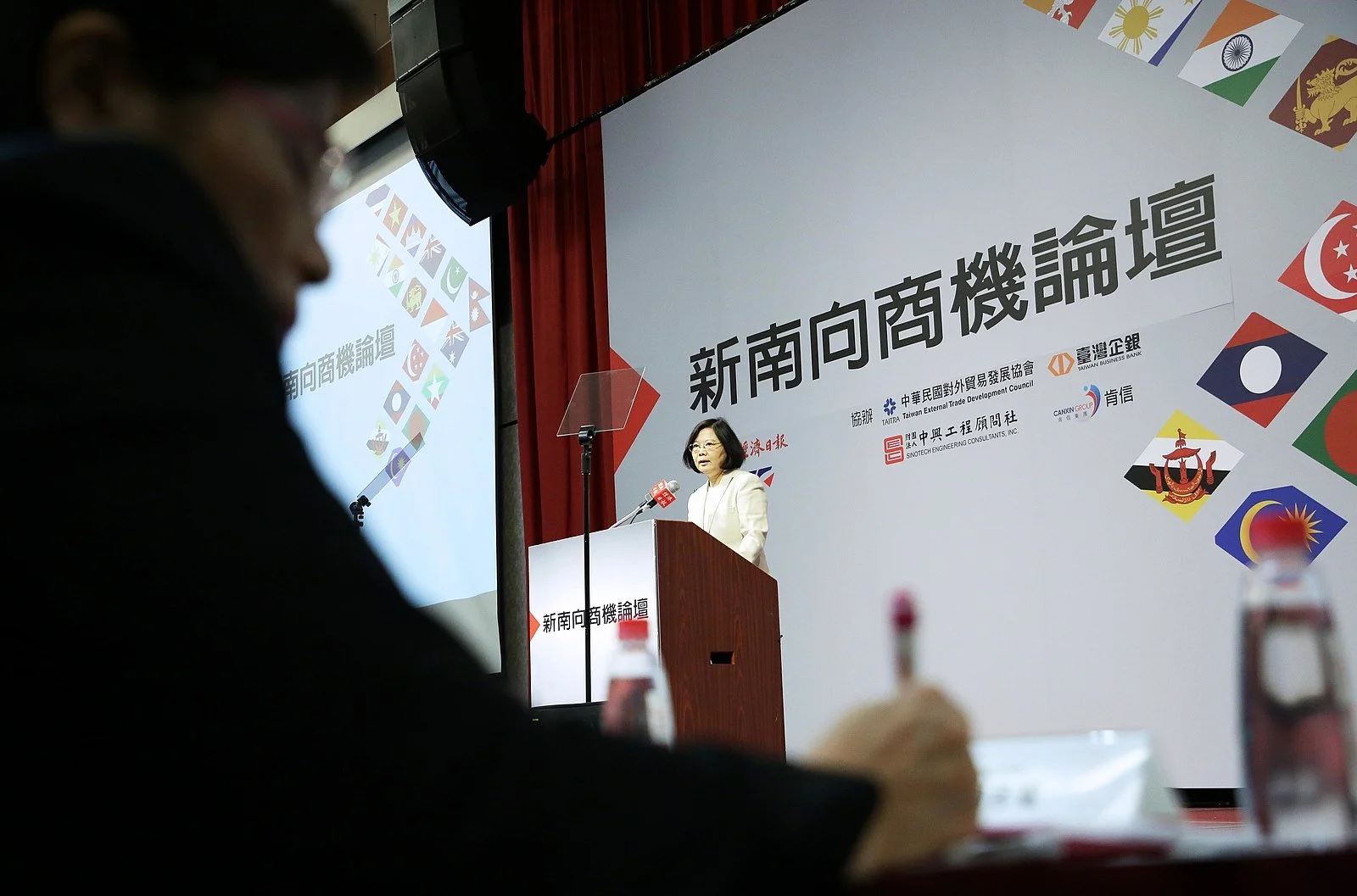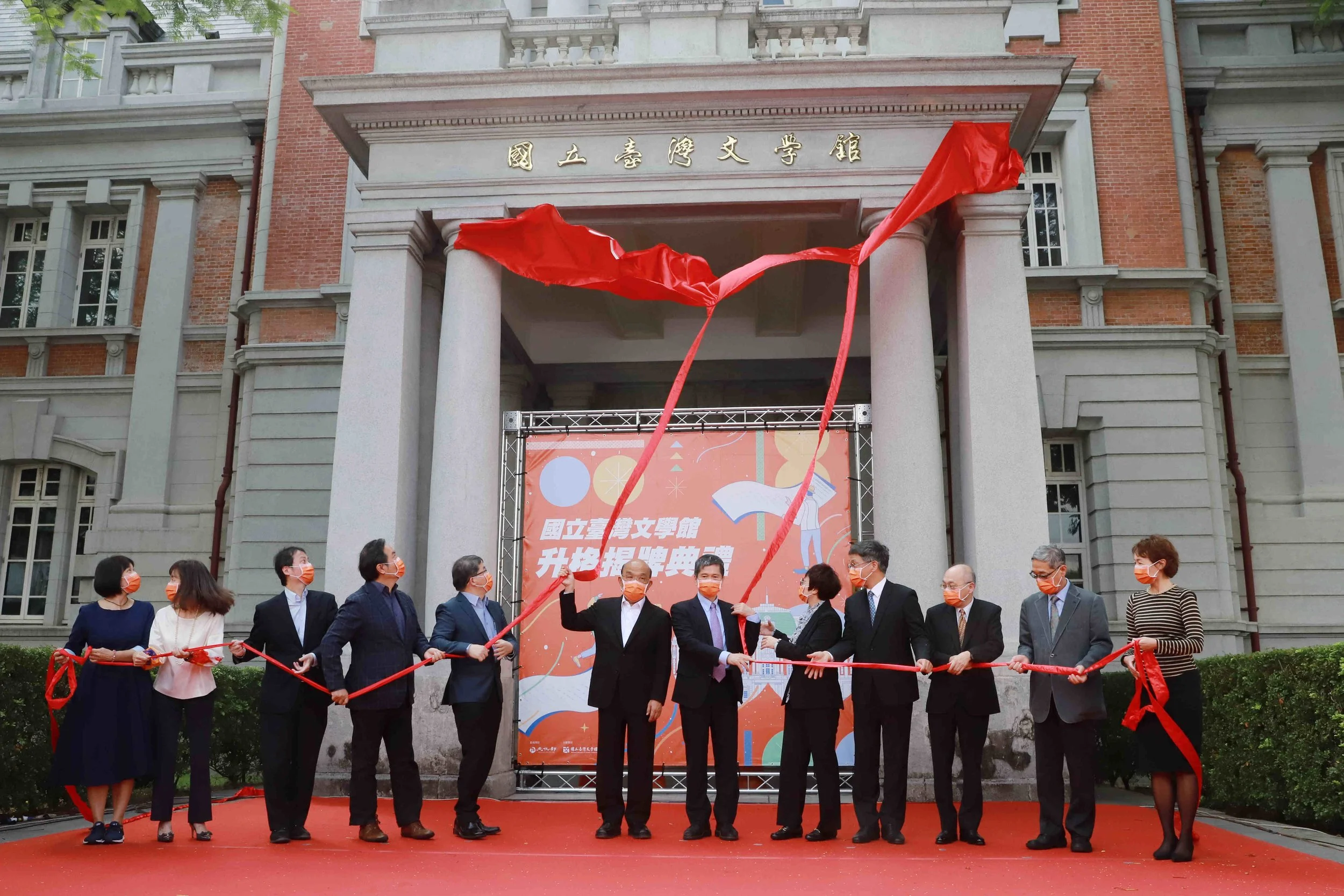The Taiwan Gazette translates and publishes original reporting from Taiwan, Hong Kong and China. Our goal with the platform is simple: We want original reporting from the Sinosphere to have a wider impact on global civil society.
ARTS
Featured
The Kaohsiung Film Archive commissions the creation of documentary films on the city of Kaohsiung, to exhibit “local people’s identification with the land, and display Kaohsiung’s local cultural scene through visuals”. Twenty-five documentary films have been made over the past ten years, which touch on aspects such as folk customs, industry, military dependents' villages, indigenous people, migrant workers, and landscape transformation. Taste of Wild Tomato, which was nominated in the 2022 Taiwan International Documentary Festival (TIDF) competition, is one of the latest commissioned works. The film breaks free of the longstanding framework of discussing and recreating the February 28th Incident, extending from this singular focus to the furthest realms of visual language. Through a loose and poetic narrative, the film casts light upon the multifaceted, uncertain and unstable history of the city, and indeed the country as a whole.
In October 1921, two events rocked the Taiwanese arts and cultural space; the founding of the Taiwan Cultural Association, and Huang Tu-shui’s (黃土水) sculpture, ‘Water of Immortality’ (甘露水), was selected for the Japan Fine Art Exhibition. One hundred years after its birth, the long-since locked away ‘Waters of Immortality’ has been fully restored, and on December 18th 2021, MoNTUE will once again unveil her to the world.
When “Rainy Night Flowers” Meets Western Symphony: The First Hokkien Opera Composer Gordon S.W. Chin
Gordon S.W. Chin (金希文) blends Taiwanese elements in Western classical music. He has written many symphonies, and has even composed a Taiwanese language large-scale opera. At the age of 60, he has become a recipient of the 2017 Taiwan’s National Award for the Arts.
We are pleased to discuss with Professor Lan her research on migrants, parenting, and second-generation children in Taiwan. In this last part, Professor Lan discusses her experiences in public sociology and shares some tips for students engaging in Taiwan Studies.
“Taiwan literature can be conceived of as every single mode of literary expression that has left an existential trace on Taiwan,” said Dr. Shuo-bin Su (蘇碩斌), director of the National Museum of Taiwan Literature. The research, preservation, and promotion of such modes of expression, however, either failed to receive organized institutional support or was subsumed under a China-centered historiographical perspective before the lifting of martial law in Taiwan. The establishment of Taiwan literature as a field of academic inquiry became possible thanks to the political liberalization of Taiwanese society and the emergence of a “Taiwan consciousness” since the 1980s. What might be the challenges and possibilities facing the field of Taiwan literature, then and now? What might be the new directions of the field? This interview features as part of our special issue: Encountering Everyday Life: Taiwan in Museums.
Before the lifting of martial law in 1987, the research, preservation, and promotion of Taiwan literature in Taiwan either failed to receive organized institutional support or was subsumed under a China-centered historiographical perspective. The establishment of Taiwan literature as a field of academic inquiry became possible thanks to the political liberalization of Taiwanese society and the emergence of a “Taiwan consciousness” since the 1980s. What might be the challenges and possibilities facing the field of Taiwan literature, then and now? What might be the new directions of the field? This interview features as part of our special issue: Encountering Everyday Life: Taiwan in Museums.
How do artists invite us to reexamine the changes in the Taiwanese identity? What methods do they use? In 2018, Liang-Pin Tsao opened an exhibition at TKG+ Projects examining the intertwined relationships between “identity” and “history”. Focusing on the images of the Martyrs’ Shrine, the exhibition asks: How does one become Taiwanese?
The Taiwan Gazette screened the documentary film Our Youth in Taiwan from March 8 to 14, 2021. We sat down with University of Toronto Professor Michelle Cho to discuss Taiwan-China geopolitical relations and the usage of “worlding” within the context of the film.
Between 1949 and 1999, the National Defense Medical Center was located around what is now the Shuiyuan Campus of National Taiwan University. Ghastly rumors about the site circulated among present-day college students. Why was the site haunted and by whom? What might be the ghosts’ unfulfilled wishes? How have fictions and oral narratives about the White Terror in Taiwan contributed to a haunted remembering of the site? And how should we reckon with the ghastly heritage of NTU’s Shuiyuan Campus and beyond?
How is Taiwan seen under the gaze of others? What might hinder people from understanding Taiwan as it is through a more realistic approach? How can Taiwanese establish and present its own subjectivity? Lin Wei-Yun ‘s (林蔚昀) insightful critique of a Polish edited volume on Taiwan might provide some meaningful clues.
Australian musician Brett Dean's diagnosis of COVID-19 on March 5 2020 shocked Taiwan's art world. Cho Hsiao-ching (卓曉青), the first violinist of the National Symphony Orchestra shares her personal journey as an artist, mother and victim of the pandemic, following her experience of self-health management.
In 2019, the China Film Administration banned mainland Chinese films and related personnel from participating in the 56th Golden Horse Awards. How did filmmakers, curators, and critics in Taiwan, mainland China, and Hong Kong react to this ban? What are the implications behind a Golden Horse Awards without China?
The KMT established the Golden Horse Awards in the 1960s as a propaganda tool to promote patriotic Mandarin-language films, but did you know the first Golden Horse Award was just a sideshow for Taiwan’s massive Taiwanese Hokkien film industry awards?
An outlier in Taiwan’s modern dance scene, award-winning dancer Yao Shu-fen says “without creative work, it is impossible to live.”
In this special discussion, five authors talk about the impact of “On Happiness Road” and its ability to transport viewers to another era.
Made up of five migrant workers from Indonesia, boy band “The Mandalas” is using music to bridge the gap between local Taiwanese and the country’s growing South-east Asian community.
The award-winning director of the “The Great Buddha+” gives his thoughts on religion, filmmaking, and making a life plan.
Director Huang Hui-chen discusses her new documentary, an auto-biographical film about her relationship with her lesbian mother.
In the face of China’s cultural industries furiously seeking assimilation, Minister Cheng Li-Chun is completely confident in Taiwan’s film and TV sectors.
Taiwan’s national anthem, flag and democratic history may be absent in future Taiwanese film productions.
Filmed over a decade, this breathtaking documentary tells the story of legendary Taiwanese choreographer Lin Lee-chen and the Legend Lin Dance Theatre.
For Big Ideas 2017, the Taiwan Gazette covers five research projects, authored by seven young scholars coming from a wide range of disciplines.






























